From elephants to scorpions: The nicknames of all 2023 AFCON participants
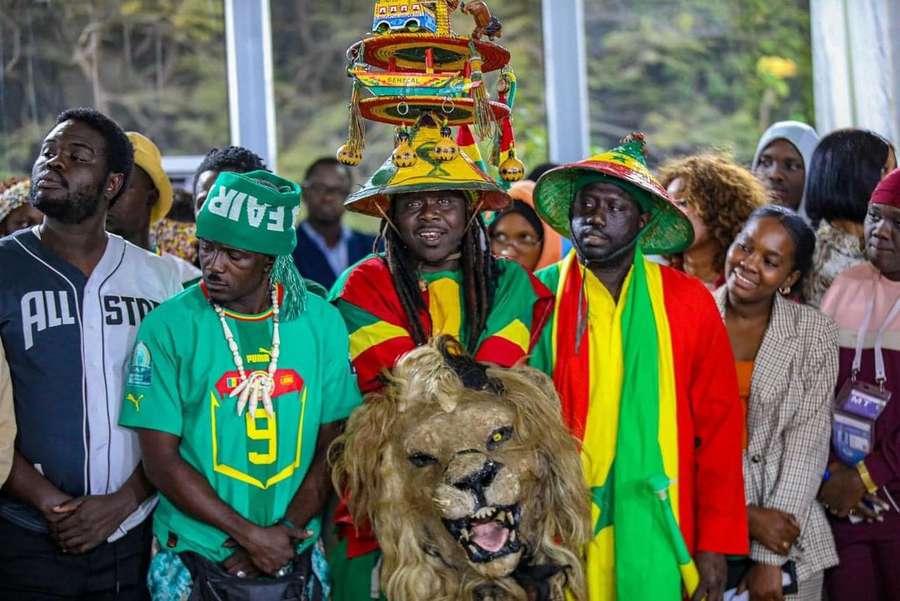
A total of 24 teams will be battling it out in Côte d'Ivoire in their quest to climb to the top of the African continent, currently occupied by Senegal. The range of teams is diverse and goes from the Maghreb nations (Algeria and Morocco in the north) to the traditional heavyweights (Cameroon, Nigeria, Ivory Coast and Senegal) to the southernmost tip (South Africa).
Despite all of this diversity of nations, there seems to be one thing in common (two, if you consider the passion for football): nicknames! Of the 24 teams, only seven are not represented by animals. Then, there are 'Pharaohs' or 'Warriors'.
Ahead of kick-off in Abidjan, when 'the Elephants' will take on 'Djurtus', Flashscore brings you all the nicknames and their origins.
Group A
Ivory Coast - The Elephants. The country's name is a good clue. As well as being the largest animal found in the territory, they also made the nation famous in the 19th century with the ivory trade.
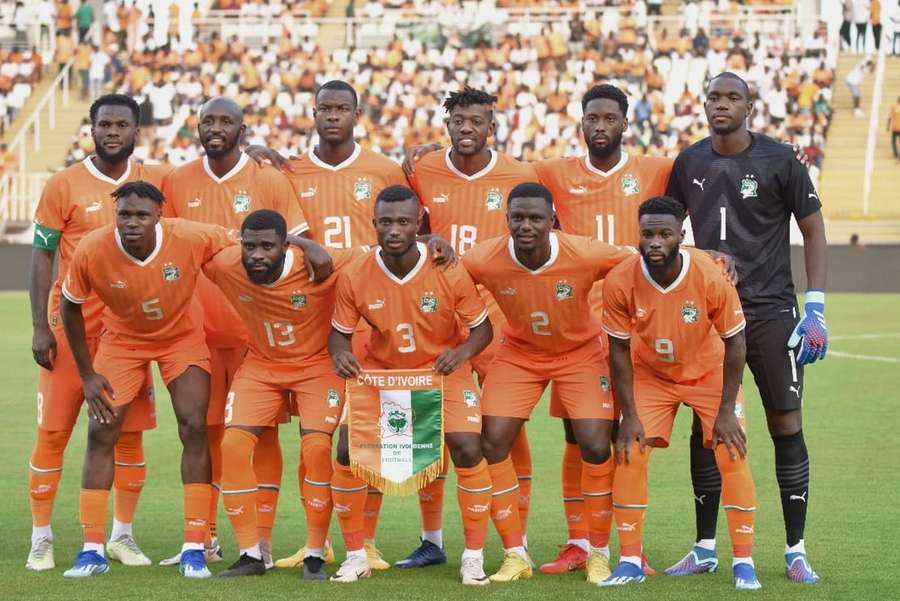
Equatorial Guinea - Nzalang (The Thunder). Equatorial Guinea's tropical climate is favourable to thunderstorms.
Guinea Bissau - Djurtus. The African wild dog, also known as the Mabeco, which can be found in the country.
Nigeria - Super Eagles. A symbol of strength, it was engraved on the federation's emblem. Initially, they were the Green Eagles, but in 1988 they became the Super Eagles, following their defeat by Cameroon in that year's AFCON final. Until independence in 1960, they were known as the Red Devils because of their red shirts at the time.
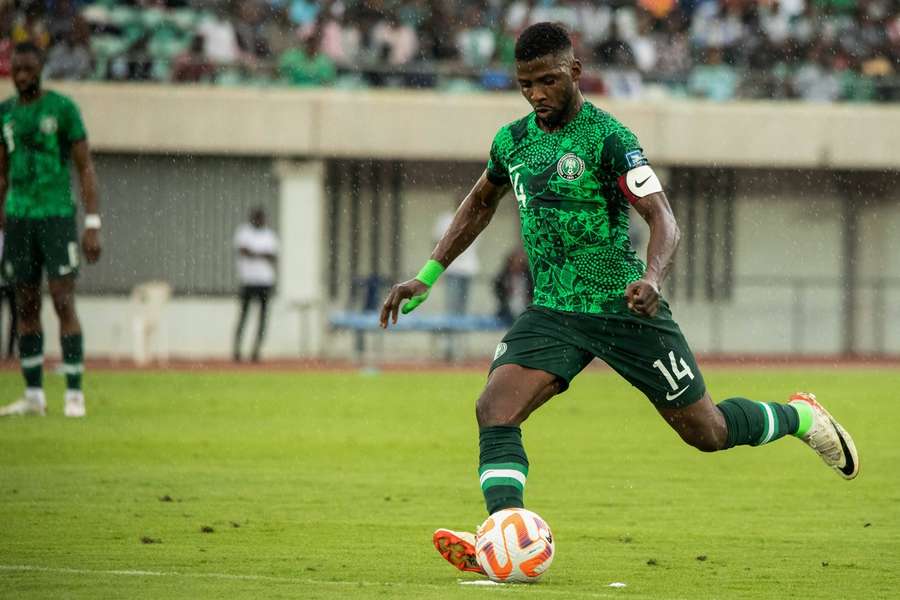
Group B
Cape Verde - Blue Sharks. Taking advantage of the blue colour that predominates in the flag, the Cape Verdean federation chose the shark as its mascot, as it is one of the country's main sources of tourism.
Egypt - The Pharaohs. The title attributed to the kings of ancient Egypt evokes a grandiose past that the players hope to emulate once again on the football pitch.
Ghana - The Black Stars. A symbol originally used by the Pan-Africanist and anti-colonial movements (created in 1919 by Marcus Gravey), it was eventually appropriated by Ghana in 1957 when Theodosia Okoh put it on the national flag.
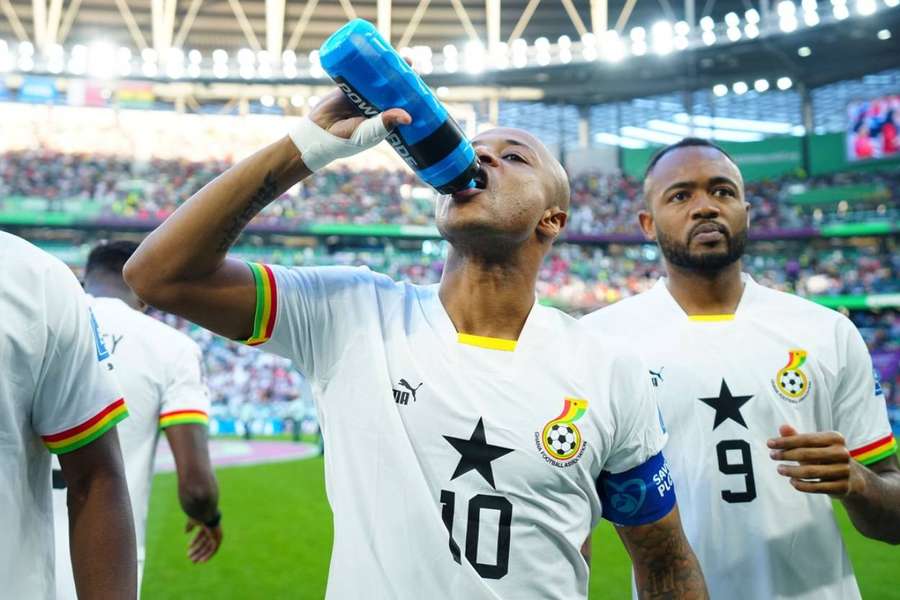
Mozambique - The Mambas. This is Africa's deadliest snake. The black mamba is predominant in Mozambican territory.
Group C
Cameroon - Indomitable Lions. The lion is Cameroon's national animal, a symbol of strength and power. The 'indomitable' was added in 1972, following their third-place finish in the 1972 AFCON.
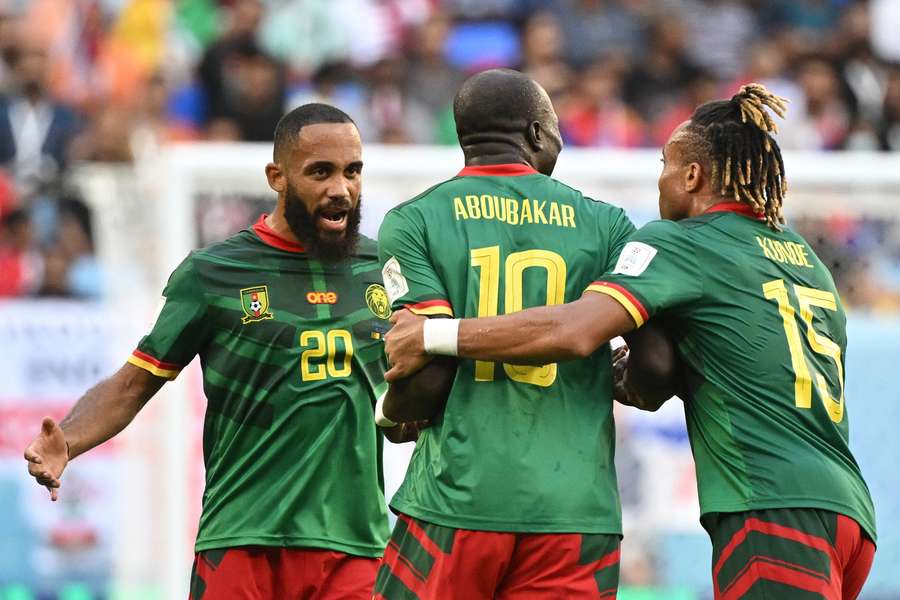
Gambia - The Scorpions. The emperor scorpion is one of the species found in The Gambia and is among the largest of its kind.
Guinea - The National Elephants (Syli National). This is one of the country's native species, and the syli (a Susu word) was also the currency used. It has been part of the country's coat of arms since 1960.
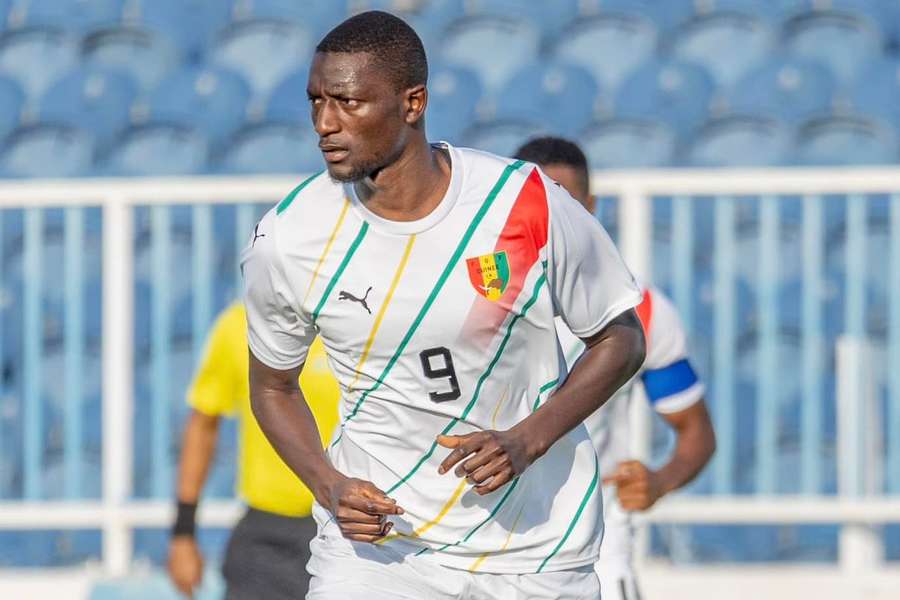
Senegal - The Lions of Teranga. A word from the Wolof dialect, 'teranga' means generosity or hospitality and is widely heard in Senegal.
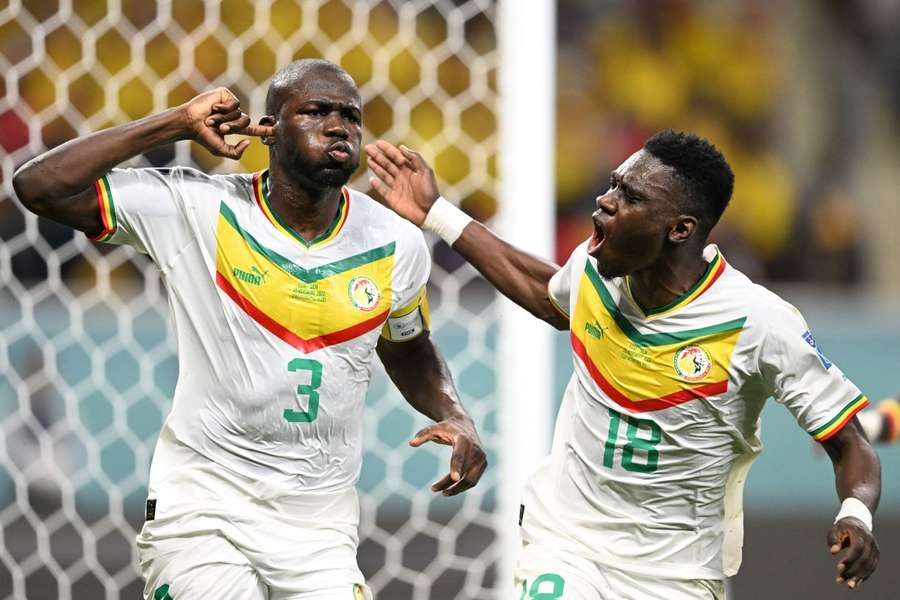
Group D
Algeria - The Fennecs. A small fox native to the deserts of the Maghreb, it is the country's national animal.
Angola - Palancas Negras (Black Sable Antelopes). It is the national symbol of Angola, where it is mostly found.
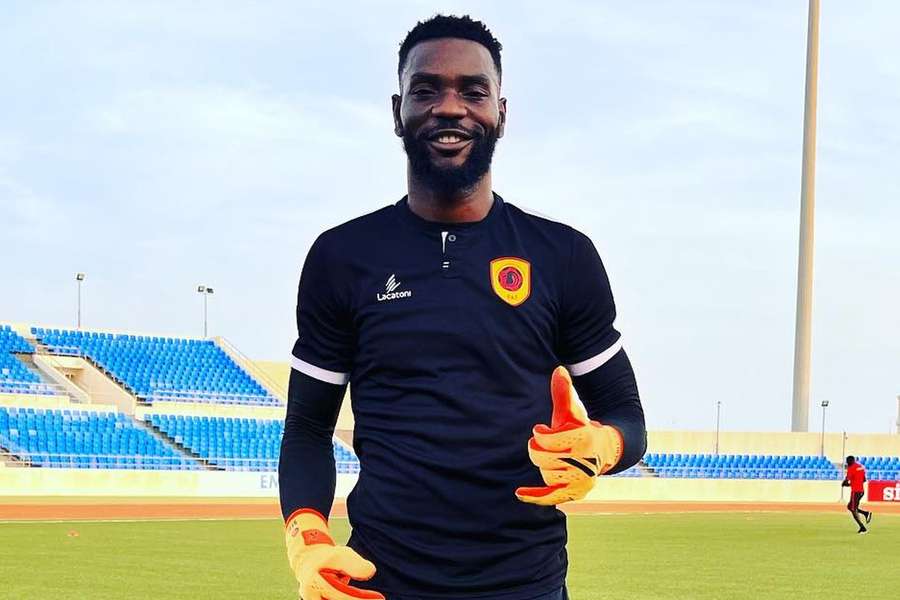
Burkina Faso - The Stallions. The white stallion is the national symbol of Burkina Faso and is depicted on the country's coat of arms.
Mauritania - The Almoravids. The 11th-century Berber empire, which even had territories in Andalusia and southern Portugal, included Mauritania among its borders.
Group E
Mali - The Eagles. Named after the eagles used by the Tuareg in hunting.
Namibia - The Brave Warriors. A nickname intended to indicate the Herero Warriors, born in Namibia.
South Africa - Bafana Bafana. In Zulu, it literally means 'the boys' and turns out to be a cry for encouragement.
Tunisia - The Eagles of Carthage. One of the great empires of antiquity, Carthage was born on the coasts of northwest Africa and originated in what is now Tunisia.
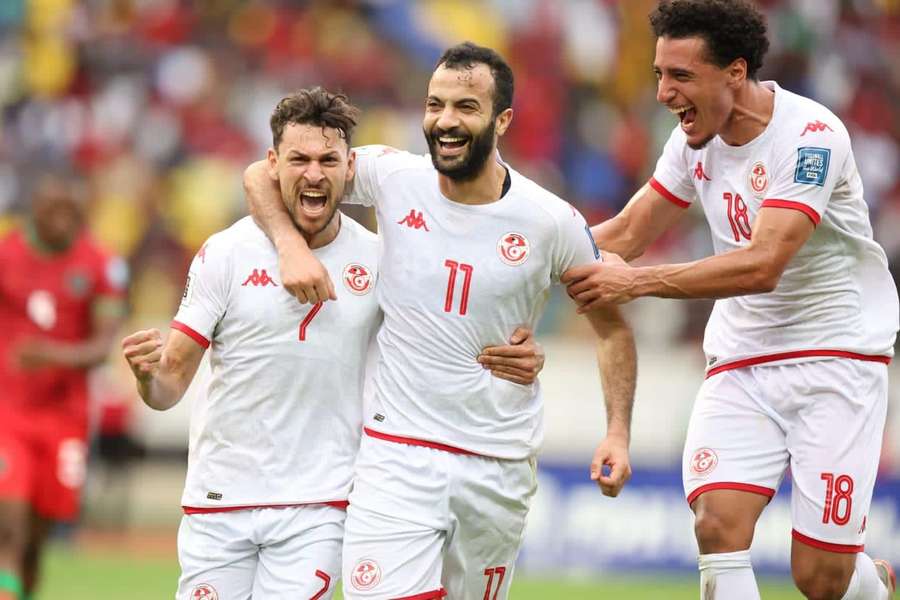
Group F
Morocco - The Atlas Lions. A now-extinct species of lion, native to the Maghreb, whose population spread between Morocco and Egypt until 1960.
Democratic Republic of Congo - The Leopards. From 1971 to 1997, when it was known as Zaire, the country had the head of a leopard as its coat of arms, in an allusion to the feline, a large part of whose population lives in the country's territory.
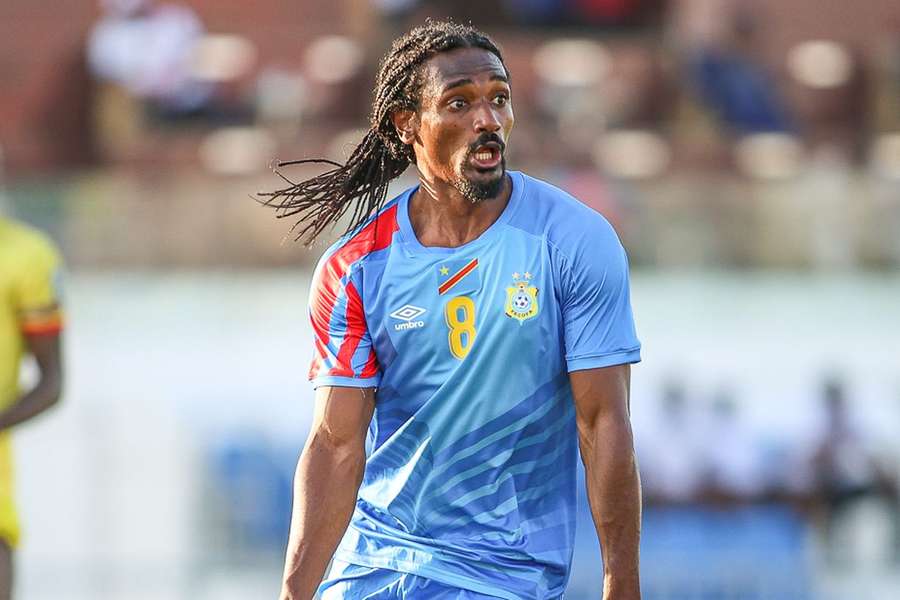
Tanzania - The Taifa Stars. In Swahili, 'taifa' means 'nation', so the players are the big stars of the nation.
Zambia - Chipolopolo. It translates from Chichewa as 'copper bullets', in an allusion to the metal, the extraction of which is one of the country's major economic activities.



